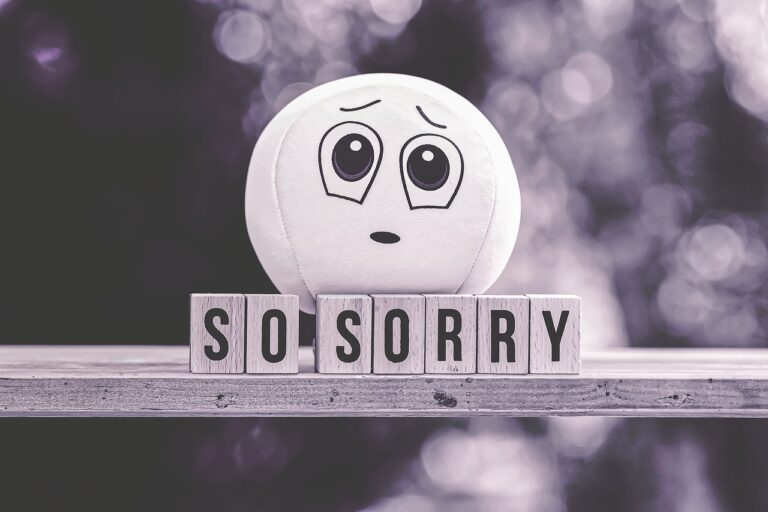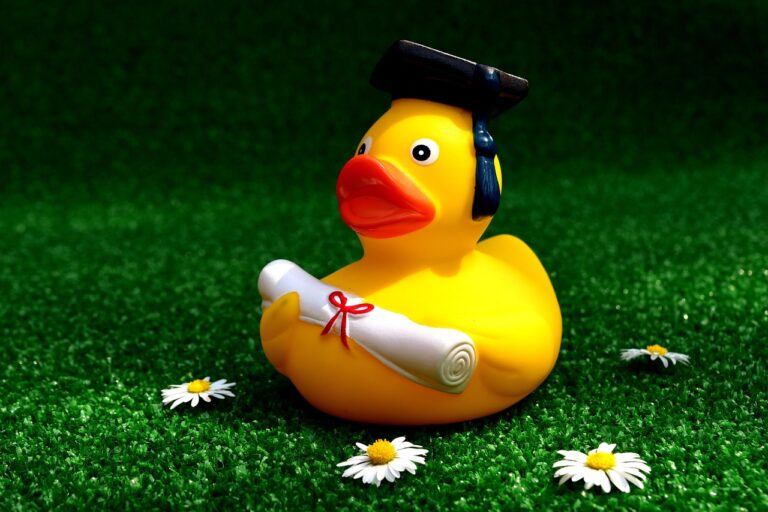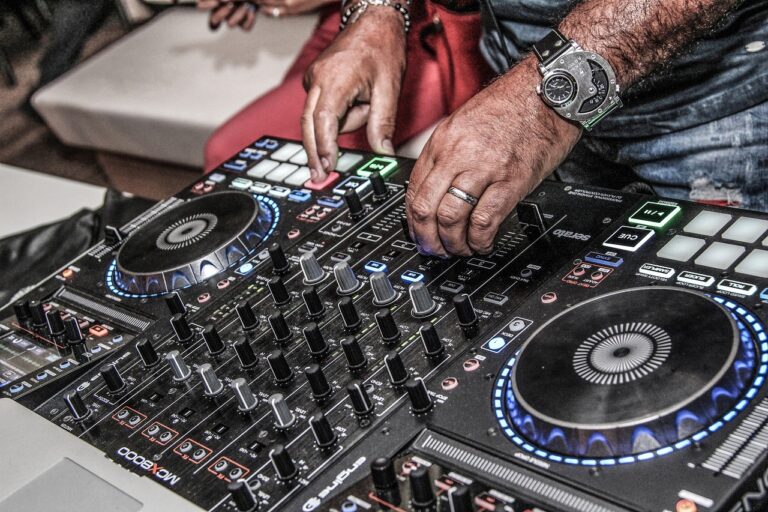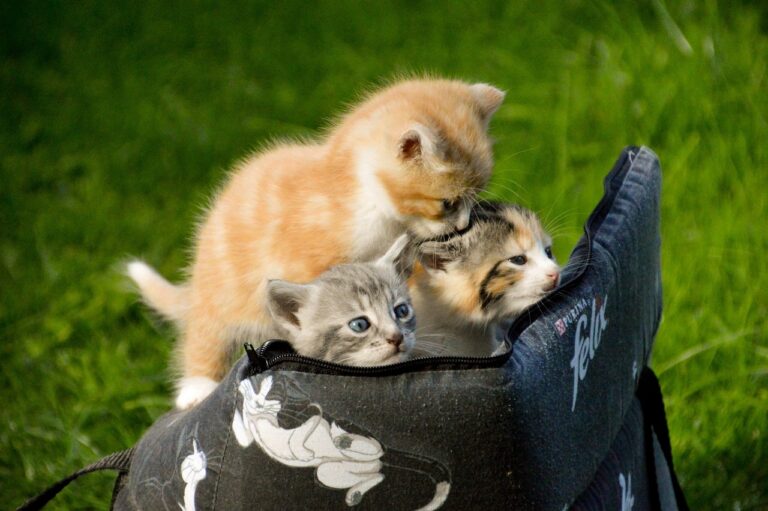Navigating Copyright Laws in Children’s Entertainment Production: Allpaanel exchange, Lotus365, Laserbook247 id
allpaanel exchange, lotus365, laserbook247 id: Navigating Copyright Laws in Children’s Entertainment Production
Creating children’s entertainment can be a rewarding experience for content creators, but it also comes with its own set of challenges, especially when it comes to copyright laws. As a children’s entertainment producer, it’s crucial to understand and adhere to copyright laws to protect your work and avoid any legal issues down the line. In this blog post, we will discuss some key tips and guidelines to help you navigate copyright laws in children’s entertainment production.
Understanding Copyright Basics
Copyright laws grant creators exclusive rights to their original works, including literary, artistic, and musical works. These rights protect your work from being used, copied, or distributed without your permission. In the world of children’s entertainment, this includes everything from characters and storylines to music and animations.
Obtaining Permission
Before using any copyrighted material in your children’s entertainment production, it’s essential to obtain permission from the copyright owner. This could involve licensing the rights to use a particular song in your animation or securing rights to adapt a book into a film. Failing to obtain proper permission could result in legal repercussions and damage to your reputation.
Keeping Records
As a children’s entertainment producer, it’s crucial to keep detailed records of all permissions and licenses obtained for your project. This includes contracts, emails, and any other documentation related to copyright permissions. Having these records on hand can help protect you in case of any disputes or legal issues.
Fair Use
Fair use is a legal doctrine that allows limited use of copyrighted material without permission for purposes such as criticism, commentary, news reporting, teaching, and research. However, fair use is a complex and often misunderstood concept. When in doubt, it’s best to seek legal counsel to ensure that your use of copyrighted material falls within the bounds of fair use.
Trademark Considerations
In addition to copyright laws, children’s entertainment producers should also be aware of trademark considerations. Trademarks protect names, logos, and other branding elements associated with a particular product or service. Before using any trademarks in your children’s entertainment production, make sure to thoroughly research and ensure that you are not infringing on any existing trademarks.
Protecting Your Own Work
While it’s essential to respect and adhere to copyright laws when using others’ material, it’s also crucial to protect your own work. Consider registering your original characters, storylines, and other creative elements with the copyright office to establish your ownership and protect against potential infringement.
FAQs
Q: Can I use popular songs in my children’s animation without permission?
A: No, using popular songs in your children’s animation without permission is a violation of copyright laws. You will need to obtain proper licenses to use any copyrighted music in your production.
Q: How can I protect my original characters from being copied?
A: You can protect your original characters by registering them with the copyright office. This will establish your ownership and give you legal recourse in case of any infringement.
Q: What should I do if I suspect someone has copied my children’s entertainment production?
A: If you suspect someone has copied your children’s entertainment production, consult with a legal professional to assess your options and determine the best course of action.
In conclusion, navigating copyright laws in children’s entertainment production requires diligence, attention to detail, and a solid understanding of intellectual property rights. By following these guidelines and seeking legal guidance when necessary, you can protect your work and ensure a successful and legally compliant production.







